In which cases delocalisation of charge is possible ?
A

B
ΘO−P(CH3)2
C
ΘO−⊕P(CH3)2
D
ΘO−B(CH3)2
Video Solution
Text Solution
The correct Answer is:B, C, D
 (Nitrogen does not have empty p/d orbitals).
(Nitrogen does not have empty p/d orbitals).
|
Topper's Solved these Questions
- GENERAL ORGANIC CHEMISTRY-IBOOK - RESONANCECHAPTER - GENERAL ORGANIC CHEMISTRY-IEXERCISE - PART-III : PRACTICE TEST-13
1 Videos
- GENERAL ORGANIC CHEMISTRY-IBOOK - RESONANCECHAPTER - GENERAL ORGANIC CHEMISTRY-IEXERCISE - PART-III : PRACTICE TEST-14
1 Videos
- GENERAL ORGANIC CHEMISTRY-IBOOK - RESONANCECHAPTER - GENERAL ORGANIC CHEMISTRY-IEXERCISE - PART-III : PRACTICE TEST-11
1 Videos
- GENERAL ORGANIC CHEMISTRY IIBOOK - RESONANCECHAPTER - GENERAL ORGANIC CHEMISTRY IIEXERCISE - Part-III: Section-5: Matching List Type
1 Videos
- HYDROGEN AND ITS COMPOUNDSBOOK - RESONANCECHAPTER - HYDROGEN AND ITS COMPOUNDSEXERCISE - INORGANIC CHEMISTRY(Hydrogen & its compunds Y environment chemistry)
33 Videos
Similar Questions
Aromatic diazonium salts are more stable than aliphatic diazonium salts. Why ?
Such a charge delocalisation is not possible in aliphatic diazonium salts and hence they are less stable than aromatic diazonium salts.
View SolutionIn which of the following carbocations, delocalisation of positive charge is possible :
View Solution
Knowledge Check
In which delocalisation of positive charge is possible
A B
B C
C D
D
In which delocalisation of positive charge is possible?
A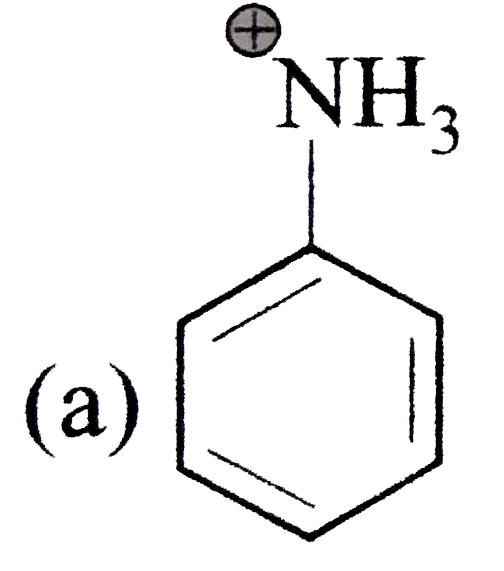 B
B C
C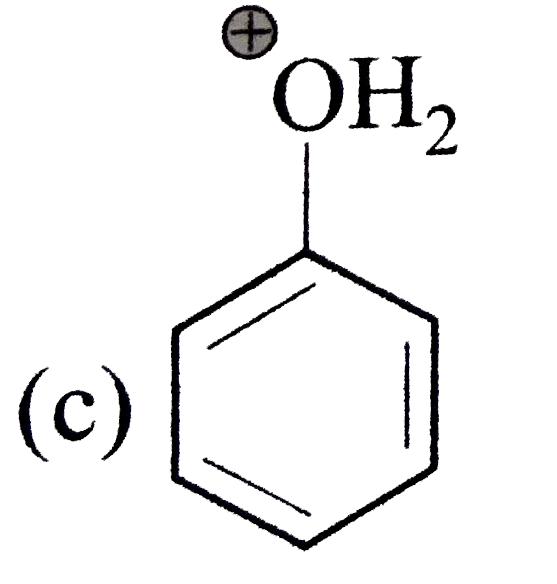 D
D
In which delocalisation of positive charge is possible ?
A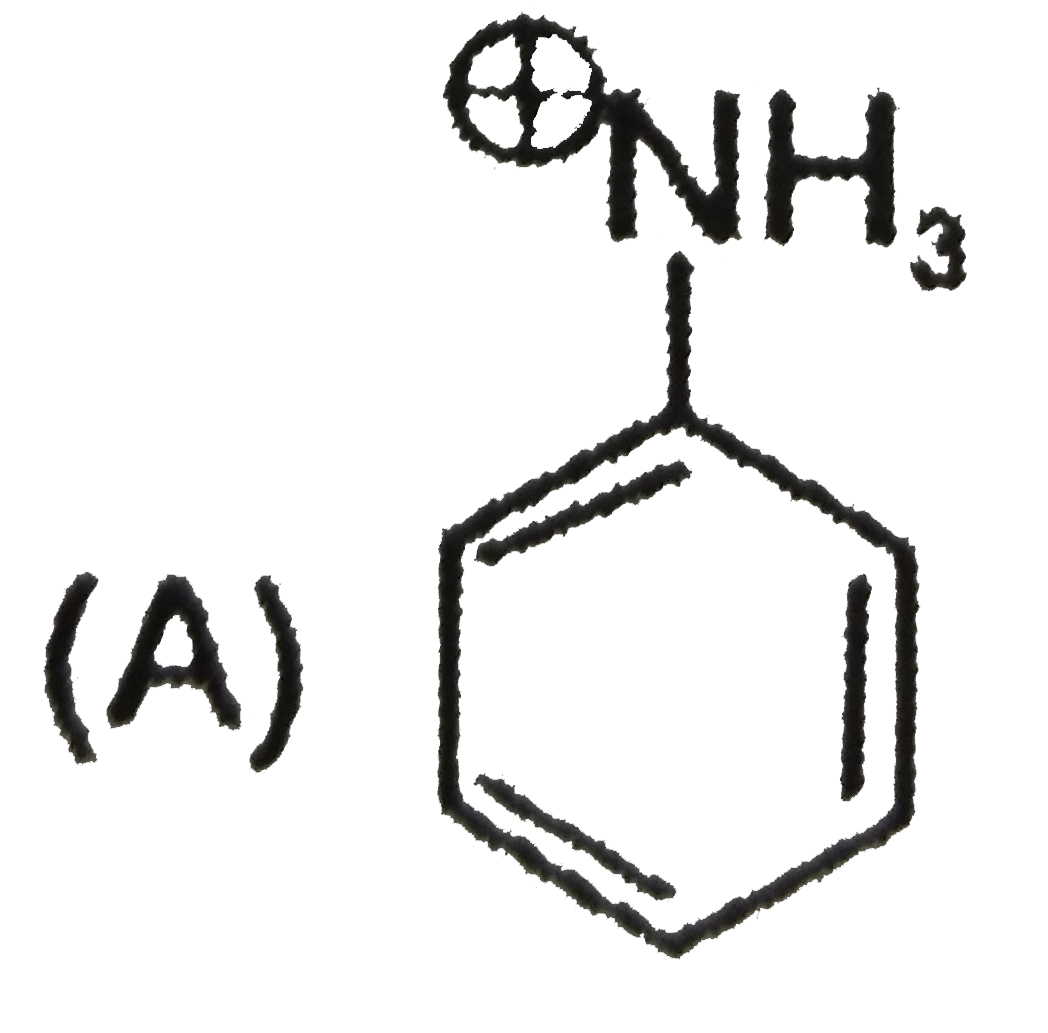 B
B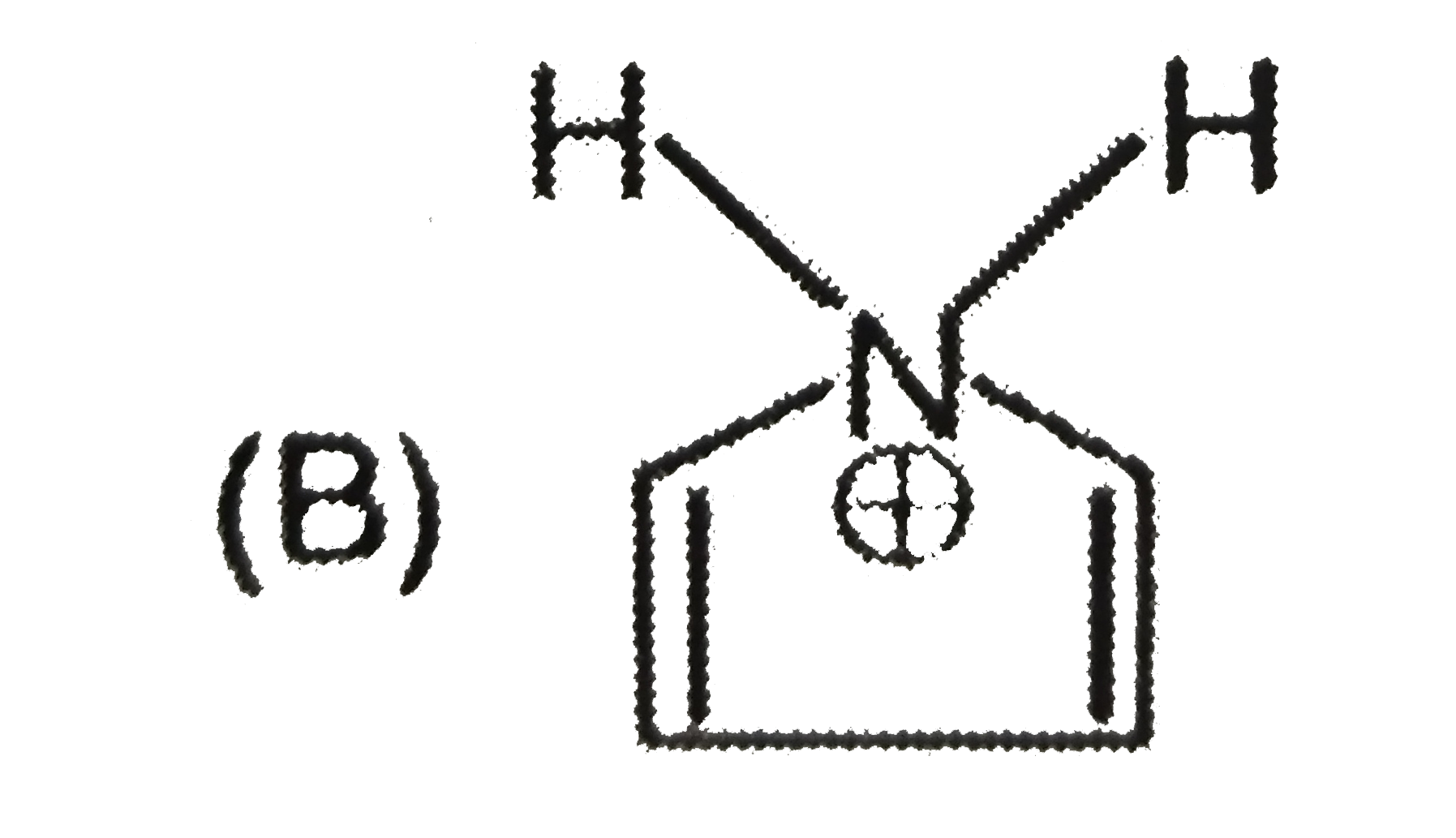 C
C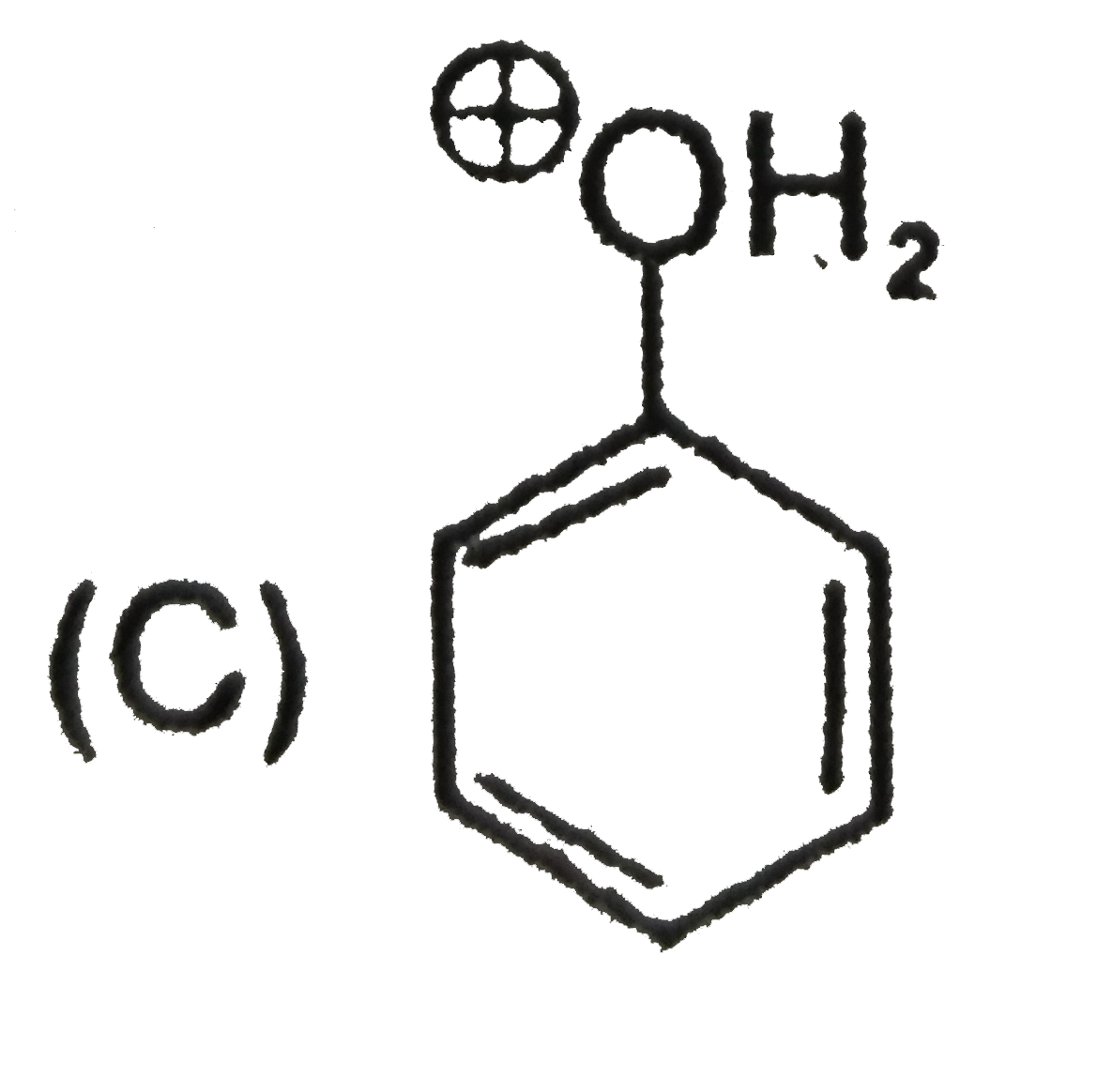 D
D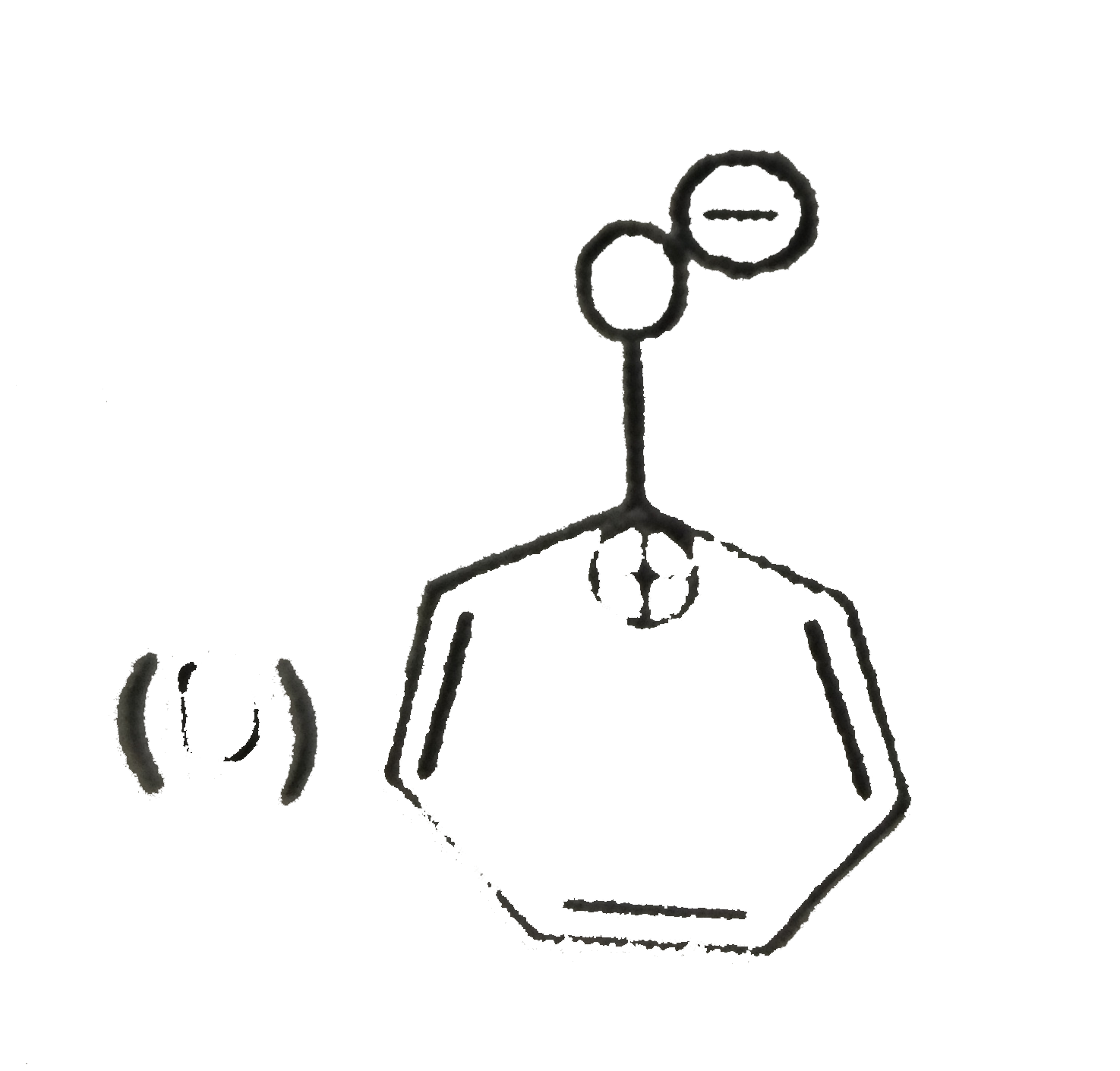
In which case formation of butane nitrile is possible ?
View SolutionMark against the correct answer:
With the angles given below, in which case the construction of triangle is possible?
View SolutionResonance is delocalisation of :
View SolutionIn which of the following , delocalisation of π−electrons is/are possible?
View SolutionIn which case, a spontaneous reaction is possible at any temperature?
View Solution
